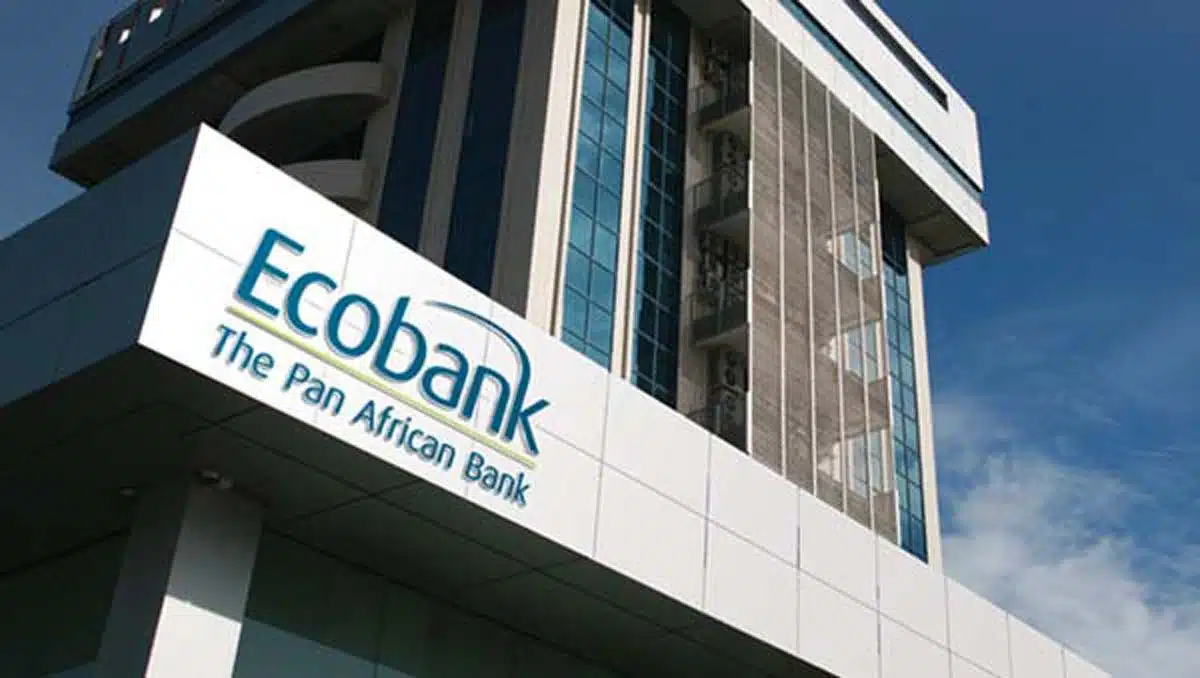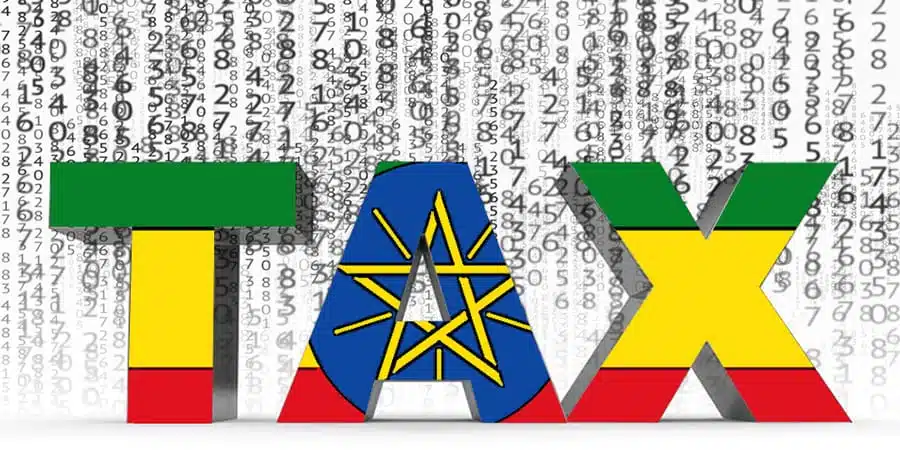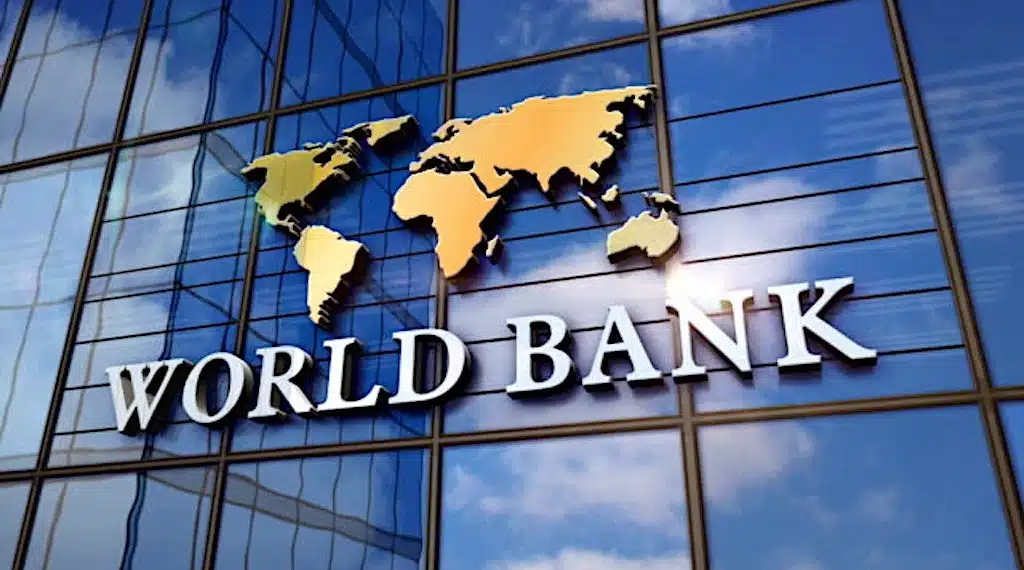South Sudan’s economy is set to shrink by 30% in the 2024/25 fiscal year, marking its sixth consecutive year of contraction, according to the latest South Sudan Economic Monitor (SSEM) released by the World Bank on Thursday.
The report attributes this severe downturn to a sharp decline in oil revenues, with gross domestic product (GDP) per capita projected to fall to nearly half of its 2020 level.
The collapse in oil production has led to an estimated revenue loss of $7 million per day, severely straining government finances.
As a result, salary payments have been delayed, and spending on essential services such as healthcare and education has been slashed.
Meanwhile, hyperinflation and widespread food insecurity continue to worsen, affecting nearly 80% of the population, while poverty has surged to 92%, the report stated.
Weak governance and fiscal challenges deepen crisis
Beyond the immediate impact of falling oil revenues, the World Bank highlights deep-rooted structural issues that have exacerbated the crisis.
Weak governance, poor fiscal management, and a struggling financial sector have limited economic diversification and access to credit, making recovery even more difficult.
“The situation is very challenging, but the government has committed to undertaking reforms to tackle macroeconomic and fiscal challenges and enhance governance.
If carried through, these reforms will provide for greater macroeconomic stability as well as greater fiscal sustainability that will allow the government to improve its delivery of services to the population,” said Charles Undeland, World Bank Group Country Manager for South Sudan.
Policy reforms key to recovery
The Washington-based lender, however, warned that without urgent policy interventions, the country’s economic outlook could deteriorate further.
It went on to outline necessary measures for stabilising the economy, including strengthening macroeconomic policies, increasing exchange rate flexibility, and reducing monetary financing of deficits.
The report also stressed the importance of better oil revenue management and greater transparency in fiscal policy.
Other recommended reforms include boosting non-oil revenues, prioritising economic diversification, and addressing government salary arrears to restore stability in the public sector.
“A fundamental shift in South Sudan’s policy and institutional framework is needed to reduce poverty and enhance economic growth,” said Kamer Ozdemir, World Bank Senior Economist.
“Many of the essential actions to address the root causes of poverty and provide the basis for lasting peace are long-standing government policy and institutional reform commitments.”
Ozdemir added that investing in human capital, strengthening state institutions, and fostering a dynamic private sector will be crucial to long-term recovery.
The SSEM is an annual World Bank publication that tracks economic trends and policy developments in South Sudan.
As the country faces one of its steepest downturns in recent history, the coming months will be crucial in determining whether it can implement the necessary reforms to stabilise its economy and lay the foundation for sustained growth.






